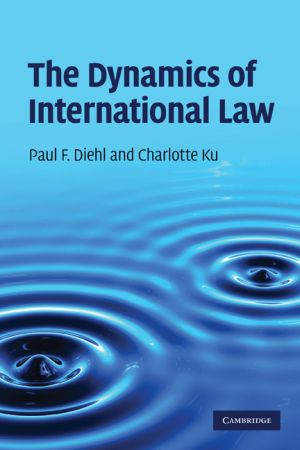
Paul F. Diehl and Charlotte Ku’s new framework for international law divides it into operating and normative systems. The authors provide a theory of how these two systems interact, which explains how changes in one system precipitate changes and create capacity in the other.
A punctuated equilibrium theory of system evolution, drawn from studies of biology and public policy studies, provides the basis for delineating the conditions for change and helps explain a pattern of international legal change that is often infrequent and sub-optimal, but still influential.>